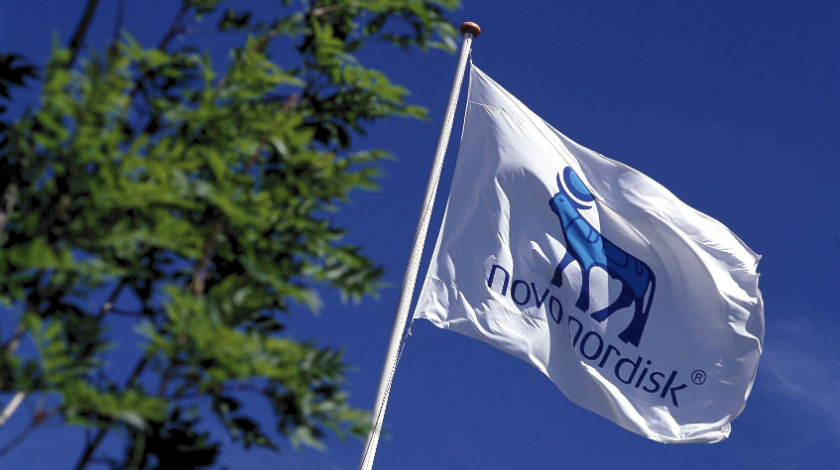Novo Nordisk crowns cell therapy pipeline with $598m Heartseed deal

Novo Nordisk is paying $55 million upfront to secure rights to a cell therapy for heart failure developed by Japanese startup Heartseed.
The Danish drugmaker has acquired exclusive rights outside Japan to Heartseed's HS-001 therapy based on heart muscle cells (cardiomyocytes) derived from human stem cells, and is due to start the phase 1/2 LAPiS trial in Japan later this year.
Novo Nordisk – which is already active in stem cell therapies with a candidate in early development for type 1 diabetes – is on the hook for up to $598 million in total licensing and milestone payments plus royalties on sales if HS-001 reaches the market.
It will also get rights to co-commercialise HS-001 in Japan with Heartseed, with profits and costs shared on a 50:50 basis.
In LAPiS, patients with ischaemic heart disease will receive an injection of cardiomyocytes 'spheroids' into the myocardial layer of the heart, which will act like mini transplants of heart muscle and help protect the cardiomyocytes during and after the transplant.
Patients will also receive a dose of tacrolimus, an immune-suppressing drug, to guard against any immune reaction to the transplanted cells.
The hope is that the spheroids will help to replenish damaged cardiomyocytes in the heart, restoring some of its ability to pump blood around the body.
Heartseed also thinks the transplanted cells could secrete factors that will encourage new blood vessels to grow around the implantation site, improving blood flow to the heart muscle.
https://twitter.com/novonordisk/status/1399600690633248769
Other groups are exploring similar approaches, although many use stem cells harvested from patients rather than Heartseed's off-the-shelf approach, and don't deploy the Japanese biotech's spheroid approach.
One example is BioCardia, which recently restarted a phase 3 trial of its CardiAMP stem cell therapy – paused due to COVID-19 – in patients who have previously suffered from a heart attack and subsequently developed heart failure. An interim look at the results is due later this month
Mesoblast has also run a phase 3 trial of its mesenchymal stem cell therapy Revascor (rexlemestrocel-L) in chronic heart failure – DREAM HF – although that followed in the footsteps of a failed phase 2 study by missing its primary objective.
The Australian biotech sifted through the data however and found that some patients in the study had a 60% reduction in the incidence of heart attacks or strokes, which it thinks may be enough to file for approval, although that will depend on negotiations with regulators.
Other readouts give grounds for optimism. For example, a recent update to the landmark ALLSTAR in post-heart attack patients – which was stopped in 2017 after failing to show any impact on scar tissue formation in heart muscle – found intriguing benefits on heart failure parameters on longer term patient follow-up.
Longer-term data from the 2016 CHART-1 trial meanwhile has also reinforced the safety of stem cell therapy in chronic heart failure patients, although it has also revealed wide variations in response to the therapy among patients.
Working out which are more likely to benefit from stem cell therapy is likely to be a key challenge for developers.












